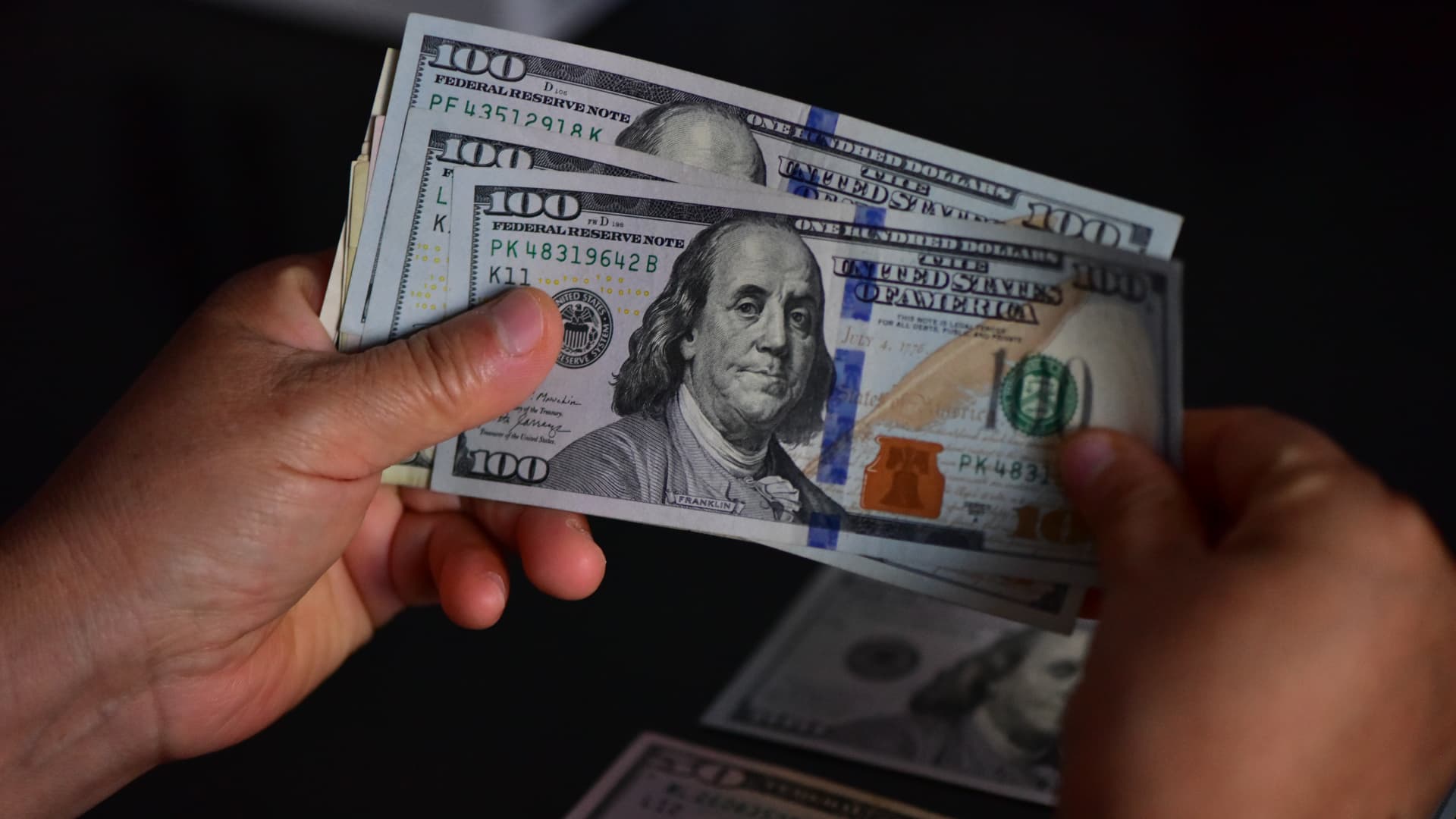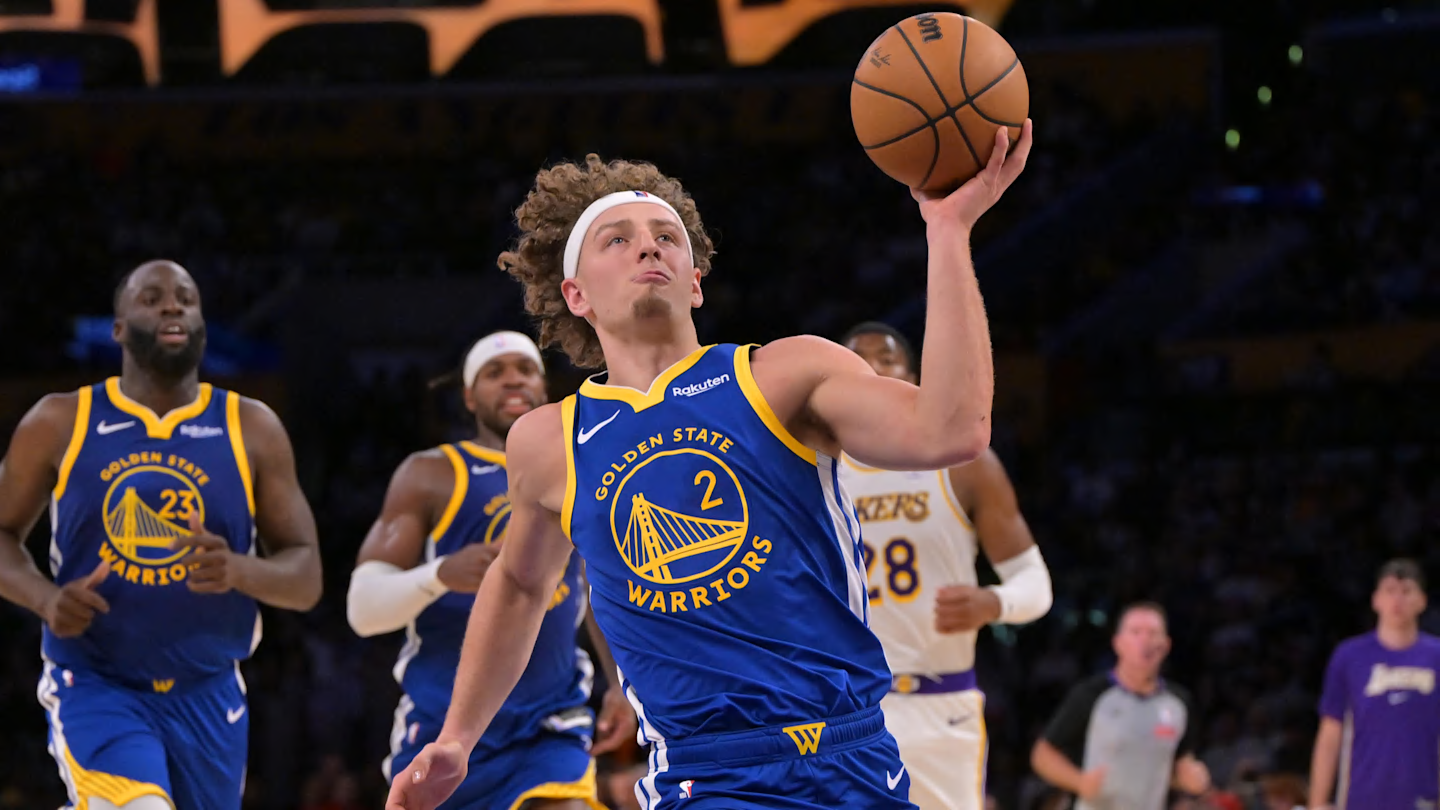The Australian biotech company CSL has been delivered a “second strike” by shareholders over its executive pay plans, but has survived a push to spill its board.
Amid frustration over its depressed share price, the blood plasma therapy firm – a former commonwealth entity – saw more than 40% of votes cast against its executive pay plans at its annual general meeting in Melbourne on Tuesday.
The result was well above the 25% threshold required to trigger a “strike”, the company’s second in a row.
Despite hitting the two-strikes trigger – which opened the door for a board spill resolution – shareholders voted overwhelmingly against removing the board.
“We passed that hurdle,” said the CSL chair, Brian McNamee, in reaction to the spill vote.
The two-strikes rule is a federal government initiative, which began in 2011, designed to hold companies to account over excessive pay rates.
The shareholder unrest is linked to a perceived mismatch between the company’s performance and its high pay rates, with its shares down more than 35% this year. This includes a 15% sell-down on Tuesday after CSL reported an expected fall in US vaccination rates.
Guardian Australia reported earlier this month that CSL was among several major Australian companies that regularly spend more on bonuses for their chief executives than they pay in company tax in Australia.
The vaccine maker has been grappling with a decline in influenza vaccination rates in the US, which remain below pre-pandemic levels.
In the current flu season, CSL expects US vaccination rates to decline by 12% for the overall population, and by 14% for people over 65 years old, according to Morningstar.
McNamee said it was “remarkable” that flu vaccine rates were falling in the US after such a severe season last year.
“Remarkable, but it’s our reality,” McNamee said.
There has also been lingering shareholder resentment against CSL over the high price tag it paid for the Swiss iron deficiency group Vifor in 2022.
While CSL’s performance has wavered, the biotech continues to pay some of the highest executive rates in corporate Australia.
In its last 12-month reporting period, CSL’s chief executive, Paul McKenzie, earned $US6.06m ($9.2m). His predecessor, Paul Perreault, once earned more than $US45m in a single year due to various incentive schemes.
The company has consistently defended its pay rates, arguing that while it is headquartered in Australia, it must attract executives in a competitive global biotechnology market.









